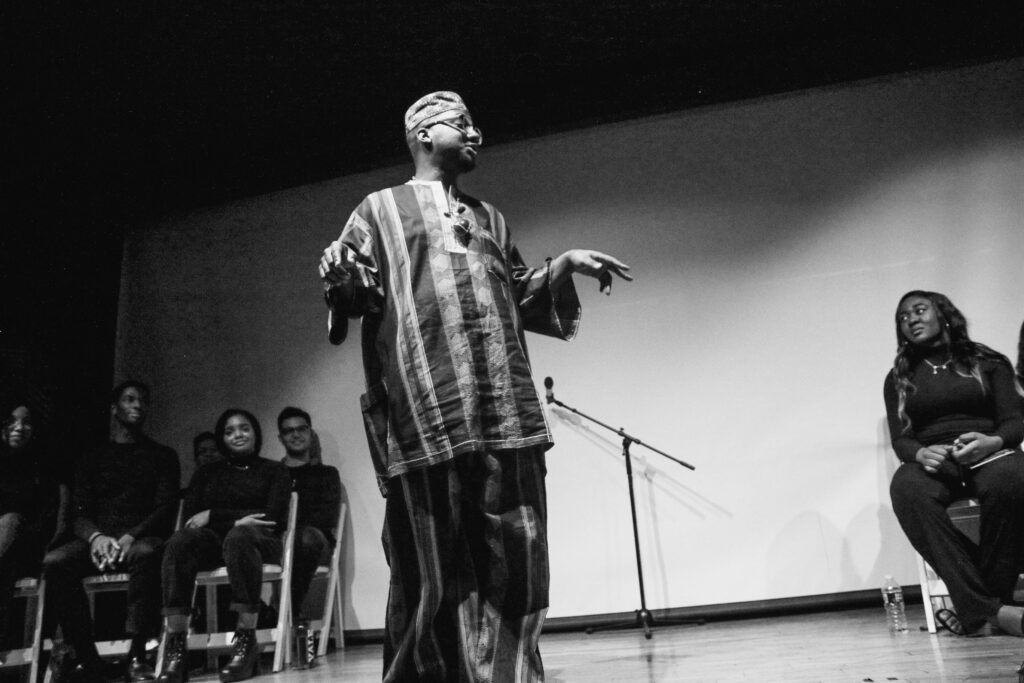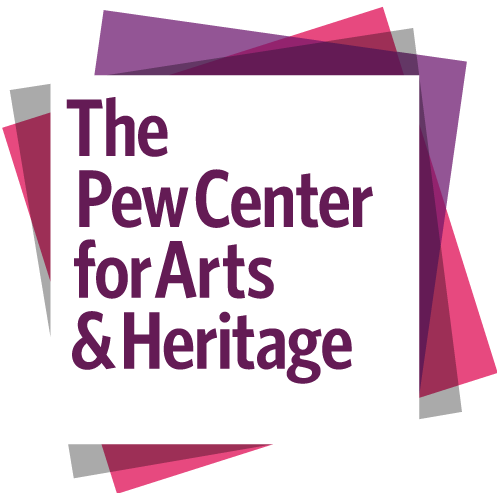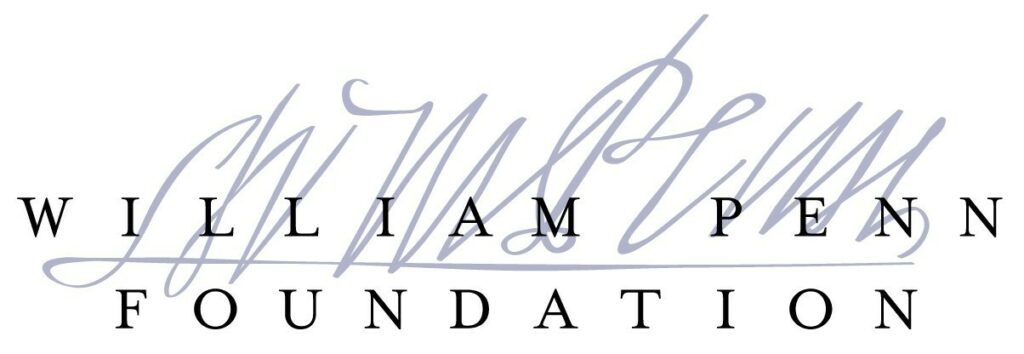breaking uncommon ground
A New Oral History Project Begins!
In 2013, the Independence Seaport Museum unveiled a new flagship exhibition: Tides of Freedom: The African Presence on the Delaware River, conceived by a committee of leading African American scholars and curated by Dr. Tukufu Zuberi, the University of Pennsylvania’s Lasry Family Professor of Sociology and Africana Studies.
We are now planning to expand this experience by undertaking a new, multi-year oral history project, Breaking Uncommon Ground on the Delaware River.
Meet Paul D. Best, Director, Oral History Project

Paul’s experience in youth work, education, and the visual & folk arts have forged a unique path, allowing him to impact communities worldwide through education, photography, and storytelling. He has served two terms as president of Keepers of the Culture, Inc., Philadelphia’s Afrocentric Storytelling group. In addition to his work at the Independence Seaport Museum, Paul currently serves as a Museum Educator at the University of Pennsylvania Museum of Archaeology and Anthropology. He uses his past experiences and his passion for elders and community building to make Breaking Uncommon Ground a sustainable reality for the people of Philadelphia.
PResentations
Leaning on the Black Oral Tradition, Paul D. Best will engage your audience through music, storytelling, and poetry as they learn about Black presence on the Delaware River and how they can contribute to the Breaking Uncommon Ground Oral History Project.
Depending on your timing needs, this presentation can be adjusted to run from 10-45 minutes.
Request & Contact Forms
FAQ
Our current exhibition, Tides of Freedom, tells of Black history along the Delaware River from the 1800s-1920s. Breaking Uncommon Ground is the project to expand this exhibit to cover the years 1950-2015.
We are sharing the untold stories of:
- Black people who worked in labor unions along the Delaware River. (Ex. Employees of shipyards, boats, dock workers, etc.)
- Black women who did work connected to the Delaware River. (Ex. Sold food or other items, babysat river workers’ children, worked in offices that operated on or were located near the Delaware River.)
- Anyone who lost their home or business when the I-95 highway was built in Philadelphia. (Ex. People who protested demolition; Businesses that were closed or families who were forced to relocate.)
Their stories are still out there, and you can help us share them by spreading the word. Here are some places you can bring up:
- Your place of worship.
- Social Clubs or Organizations.
- Your family, friends, and neighbors.
- Any senior citizens you know.
COntact paul:
Major funding for Breaking Uncommon Ground on the Delaware River has been provided by The Pew Center for Arts and Heritage with additional support from the William Penn Foundation.


Breaking Uncommon Ground In the News
Coming soon!
Phone
211 S. Columbus Blvd.
Philadelphia, PA 19106
Caroline Phelps
Manager of Memberships
Email Us
Our current exhibition, Tides of Freedom, tells of Black history along the Delaware River from the 1800s-1920s. Breaking Uncommon Ground is the project to expand this exhibit to cover the years 1950-2015.
We are sharing the untold stories of:
- Black people who worked in labor unions along the Delaware River. (Ex. Employees of shipyards, boats, dock workers, etc.)
- Black women who did work connected to the Delaware River. (Ex. Sold food or other items, babysat river workers’ children, worked in offices that operated on or were located near the Delaware River.)
- Anyone who lost their home or business when the I-95 highway was built in Philadelphia. (Ex. People who protested demolition; Businesses that were closed or families who were forced to relocate.)
Their stories are still out there, and you can help us share them by spreading the word. Here are some places you can bring up:
- Your place of worship.
- Social Clubs or Organizations.
- Your family, friends, and neighbors.
- Any senior citizens you know.

